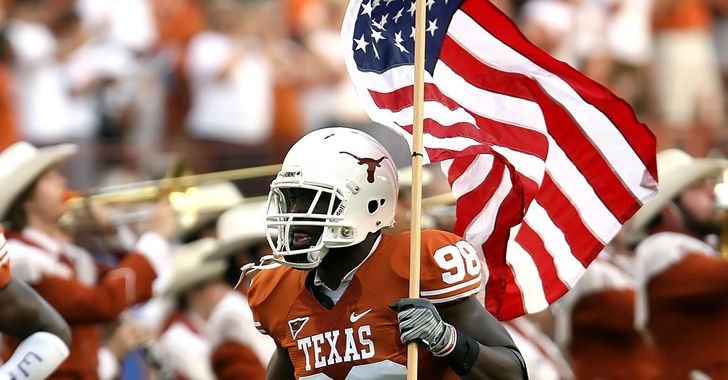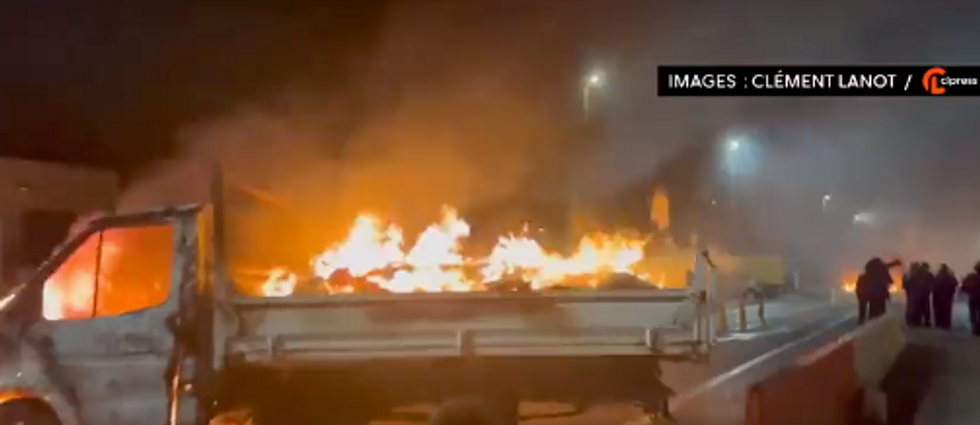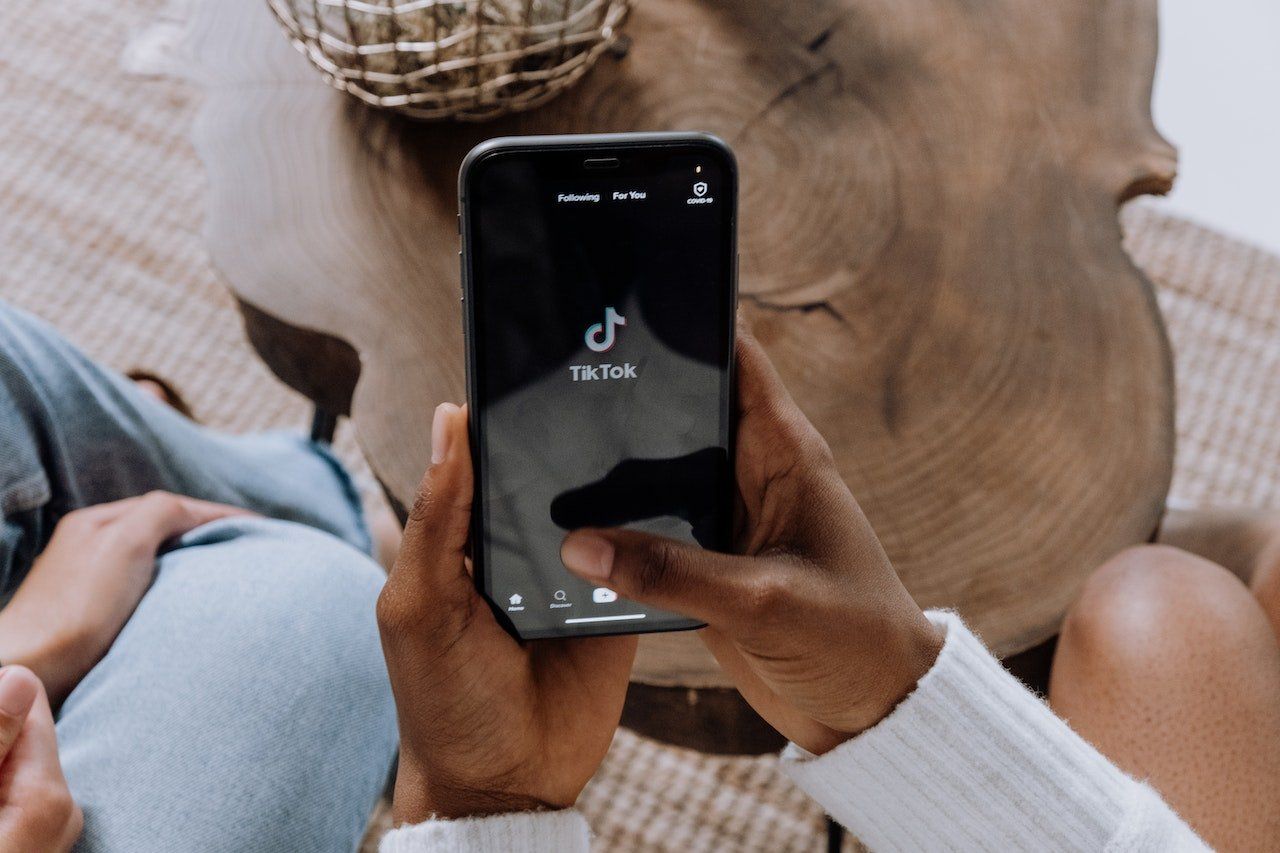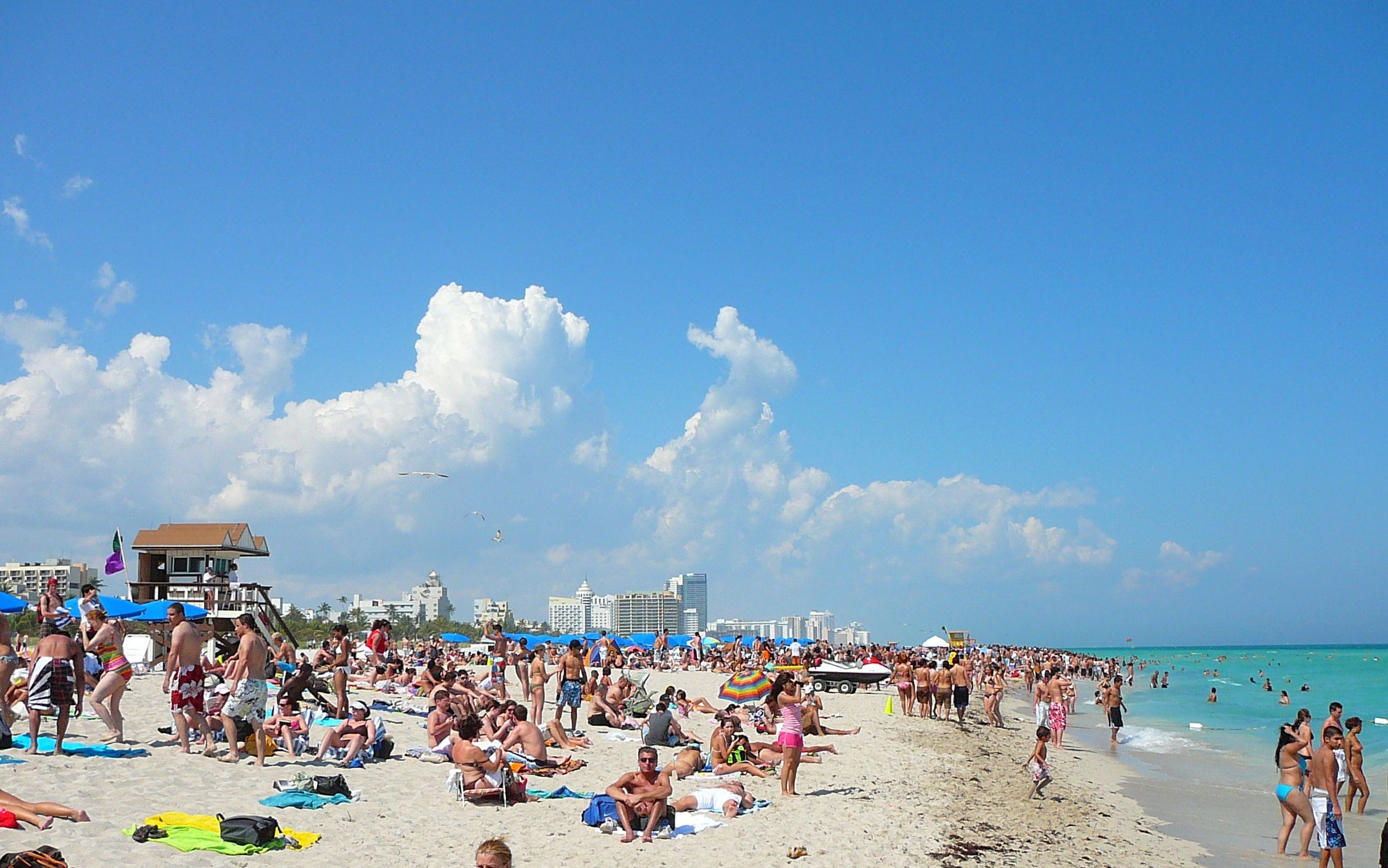On Wednesday, July 24, former Special Counsel and FBI Director Robert Mueller delivered his long-awaited testimony to Congress regarding his investigation into Russian meddling in the 2016 election and any potential obstruction of justice that took place afterward.
Throughout and in the immediate aftermath of his testimony, talking heads and pundits on both sides of the aisle triumphantly proclaimed victory, declared it was case closed for investigations surrounding President Donald Trump, or, conversely, just the next step down the long road to impeachment.
Even a seasoned political observer can be excused for wondering how two people can watch the same testimony and come to precisely the opposite conclusion on factual and legal questions surrounding prosecutorial decisions of the special counsel, Office of Legal Counsel guidelines, or even the insinuations of a particular sentence or utterance by Mueller.
Although ostensibly confined in testimony to the purview of his report — which, Mueller has emphasized, is his testimony — what Mueller said, or, in many cases, didn't say, has a broad range of implications. Up for examination was the existence and extent of obstruction of justice charges against Trump, whether charges could be brought against the president as a private citizen, the political and partisan valence (or lack thereof) to the investigation, and more.
First, let's sketch out some of the meaning of Mueller's testimony beyond the legalese, and then examine what the political implications may be.
Mueller was served a subpoena by the House Judiciary and Intelligence Committees, and the purview of his testimony for each was distinct, helpfully bifurcated along the two volumes of his report. Volume I of the report concluded that there was "sweeping and systematic" interference of the Russian government into the 2016 presidential election, but concluded that there was insufficient evidence to say Trump engaged in a criminal conspiracy. Volume II of the report focuses on alleged attempts by the president to obstruct the investigation of the special counsel, and whether these attempts to obstruct rose to the level of criminal activity.
Here are the three largest takeaways from Mueller's testimony before Congress:
1. Mueller did not exonerate Trump
In the hours following the release of the Mueller report, Trump triumphantly proclaimed that he had been "totally exonerated." As was apparent to anyone who had read the report, this was inaccurate. As Mueller has said, his conclusion in the report was that "if we had had confidence that the president clearly did not commit a crime, we would have said so." During his May 29 press conference, Mueller explicitly stated that "… while this report does not conclude that the president committed a crime, it also does not exonerate him."
The first line of questioning from House Judiciary Committee Chairman Jerry Nadler (D-NY) drove this home, in the following exchange:
Nadler: "…the president has repeatedly claimed your report found there was no obstruction and completely and totally exonerated him. That is not what your report said, is it?"
Mueller: "Correct, [sic] not what the report said."
And, afterward:
Mueller: "…the president was not exonerated for the act he allegedly committed."
This doesn't require reading between the lines or picking up on a subtle wink and nod from Mueller. His findings did not exonerate the president, which, self-evidently, means he was not "totally exonerated."
2. Mueller did not reach a determination about Trump's guilt. That doesn't make him innocent.
The most effective portion of the Republicans' Mueller mitigation strategy came during Congressman John Ratcliffe's (R-TX) questioning of Mueller. Ratcliffe honed in on the prosecutorial choices that Mueller made, unable to determine conclusively the guilt of the president, Mueller did not charge Trump with a crime, but, as discussed above, also did not exonerate him. Ratcliffe questioned the legal basis for this prosecutorial decision, asking Mueller to "… give me an example other than Donald Trump where the Justice Department determined that an investigated person was not exonerated because their innocence was not conclusively determined."
The thrust of Ratcliffe's question is simple: by his reasoning, to implicate the president, Mueller needed to make an affirmative decision about the guilt of the president. Absent such a determination, the president is not guilty, and therefore innocent by process of elimination. This argument has intuitive appeal, as we live in a state that places a premium on due process and the presumption of innocence, not guilt.
However, once the sophistic veneer is peeled off this argument, problems quickly emerge.
First, Ratcliffe disingenuously presumes the sole reason Mueller had for not charging Trump was insufficient evidence proving guilt. However, both Mueller's report and testimony made clear that he abstained from charging Trump because of the year 2000 Office of Legal Counsel opinion that says you cannot indict a sitting president. For Mueller, to charge Trump was simply "not an option" because the special counsel, as a subsidiary of the Justice Department, must abide by Justice Department guidelines and regulations.
Mueller may very well have felt that he had enough evidence to charge Trump with a crime had he not been a sitting president (and more than 1,000 federal prosecutors have stated they would have agreed with this charging decision), but never even reached the stage of determining if the president could be charged on the merits or not because, legally, he could not be charged to begin with.
However, even if Ratcliffe were correct that there was insufficient evidence, it would still not Trump from impeachment because the determinacy of guilt in a judicial setting differs markedly from the determinacy of guilt in an impeachment proceeding. In the former, prosecutors have to demonstrate guilt beyond a reasonable doubt, while in the latter, representatives determining the viability of impeachment confront only the nebulously elusive "high crimes and misdemeanors" standard. If there had not been sufficient evidence for an indictment (barring existing OLC memorandum), the evidence might still be enough for impeachment. The fact that existing evidence was insufficient to establish the high burden of proof necessary for guilt is not the same as proof of innocence.
Indeed, Mueller has been presented with a Hobson's choice: on the one hand, the OLC memorandum bars him from making a prosecutorial decision against a sitting president. On the other hand, according to Ratcliffe's legal theory, Mueller has violated his oath by not making a prosecutorial decision. Rather, the effect of the OLC decision is to make the Special Counsel's job that of a fact-finder, not a determiner, with respect to the president's culpability. Following the investigative work undertaken by the special counsel, the conclusions based on those facts is presented to Congress, who must make the decision about what political remedy to pursue, since a judicial remedy has been prohibited.
By equating a referral to Congress with de facto innocence, Ratcliffe perverts a system designed to prioritize a political remedy over a judicial one into a system with neither.
Additionally, there was absolutely no legal requirement for a final prosecutorial decision to be made by Mueller. Putting aside the above argument about the essential nature of having a political remedy once OLC guidelines roadblock a legal one, as a factual matter no legal requirements exist that would mandate a final prosecutorial determination. Neal Katyal, the former acting solicitor general who drafted the current special counsel regulations, reiterated their purpose in a series of remarks on Twitter during the testimony. He wrote that the regulations he drafted "absolutely don't forbid the Mueller report," that they "recognize the need for a Report… to enhance accountability," and that Ratcliffe was just "dead wrong" about the need to make a final prosecutorial judgment. Not guilty hardly means innocent when the entire process of ascertaining innocence is road-blocked from the start.
3. Mueller won't come out an say it, but Trump obstructed justice, which is a crime
For Democrats, the pinnacle of the hearing was the series of questioning undertaken by Rep. Hakeem Jeffries (D-NY). Jeffries masterfully sketched a tripartite framework for obstruction of justice, obstructive acts (Marinello v. United States), nexus to an official proceeding (United States v. Aguilar, Arthur Andersen v. United States), and corrupt intent (United States v. Aguilar, Arthur Andersen v. United States). Crucially, Jeffries got Mueller to essentially agree that Trump had committed acts that met each part of that framework.
First, Jeffries demonstrated, with confirmation by Mueller, that Trump committed an obstructive act. The exchange is included below:
Jeffries: "Let me refer you to page 87 and 88 of Volume II where you conclude the attempt to remove the special counsel would qualify as an obstructive act if it would naturally obstruct the investigation and any grand-jury proceedings that might flow from the inquiry. Correct?"
Mueller: "Yes,"
Second, Jeffries illustrated the nexus of the obstructive act to an official proceeding, receiving confirmation from Mueller that this was an investigation by a federal prosecutor who could present finding before a grand jury.
Third and finally came the pièce de résistance. Jeffries, once again with confirmation by Mueller, demonstrated the corrupt intent of the president, who perceived the existence of the Special Counsel as adverse to his interests. Specifically, he directed Don McGahn to fire Mueller despite the fact that, "[t]here's evidence that the president knew he should not have made those calls to McGahn."
Here, the conclusion becomes clear: Trump took action to discredit and stymy the works of the special counsel, an official proceeding with direct proximity to a grand jury, with the intent and knowledge that this was obstructive.
* * *
Much to the chagrin of both parties, a clear resolution did not result from Mueller's testimony, and to those familiar with the notoriously taciturn Mueller, this comes as no surprise. Pundits on both sides of the aisle need to cease thinking about complex legal issues surrounding obstruction as a soundbite packaged inside a gift box tied up neatly with a bow on top, but as a complex issue without clear, immediate resolution. Mueller didn't give Democrats a gift box, but instead a puzzle set. Within this, Mueller gave Democrats the pieces to the puzzle, and even helped them start to piece them together, but cannot and will not finish it for them.
The obvious question remains: What happens next? The interesting thing about impeachment is, as mentioned above, it's irreducibly a political, not legal process, a process determined on the basis of the deliberately vague "high crimes and misdemeanors" standard, tried not by a jury but by Congress. Much ink has been spilled about whether this is a feature, and not a bug, but one fact remains. The decision of impeachment falls to representatives in Congress, proxies for ordinary citizens who make their views on impeachment explicit through the representatives they vote for.
President Trump will not be tried in a court of law, but a court of public opinion. Whether or not a guilty verdict is rendered ultimately falls not to a district magistrate, but to you and me. In this courtroom, we all must assess the evidence, form an opinion, and above all, be decisive. If Mueller can't (or won't), we have been left with no other option.



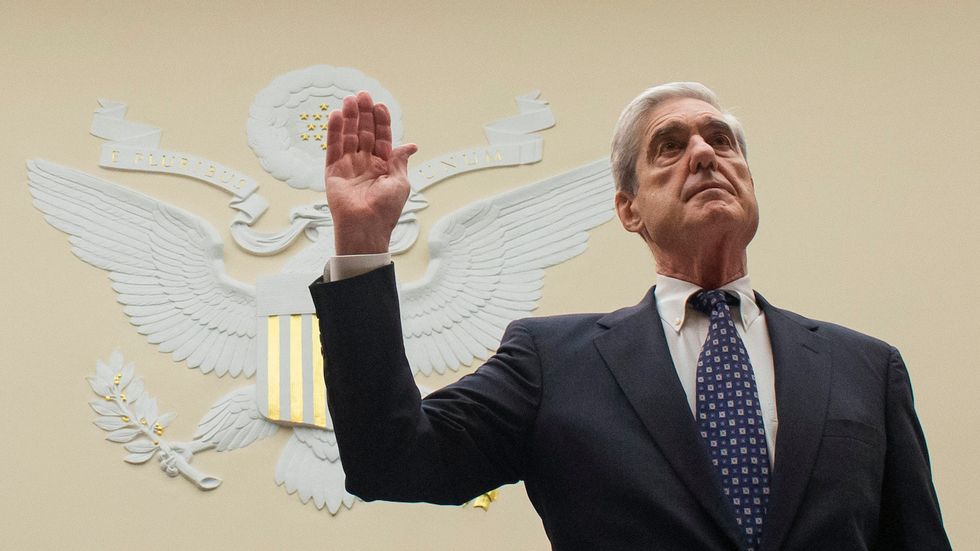


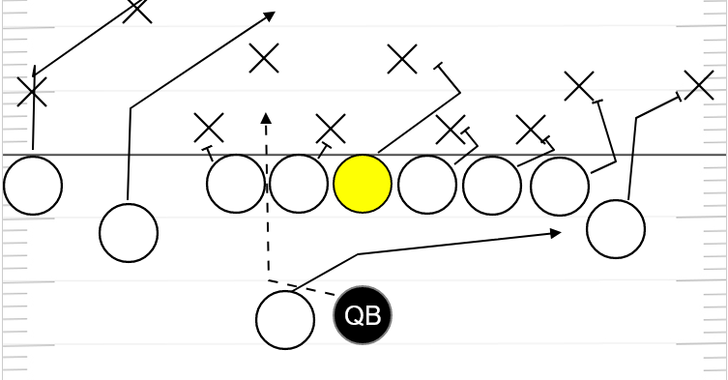

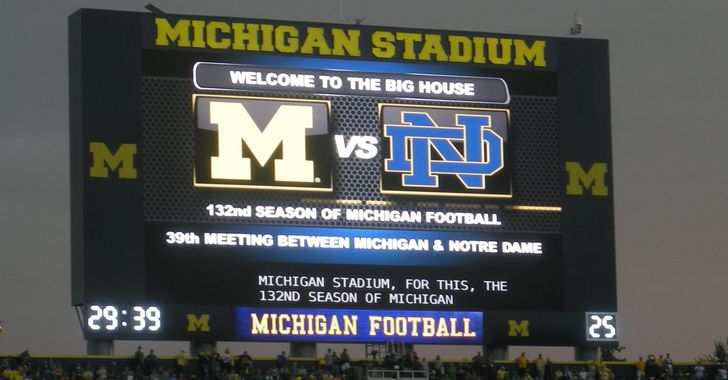
 Photo by
Photo by 